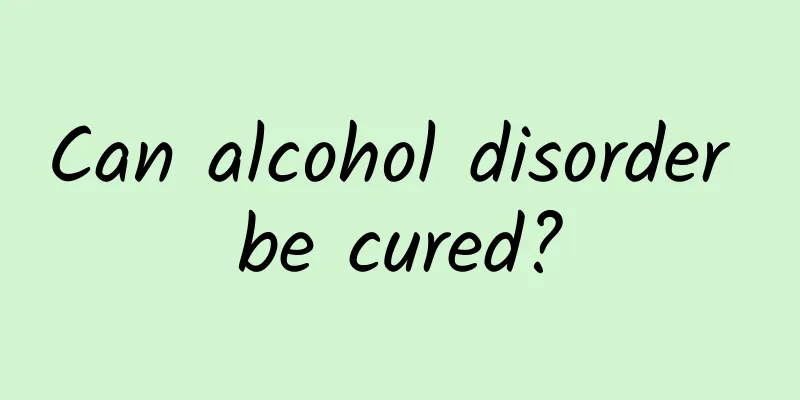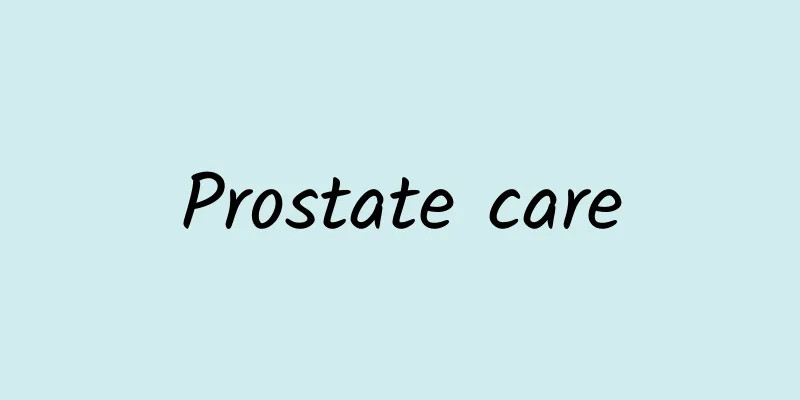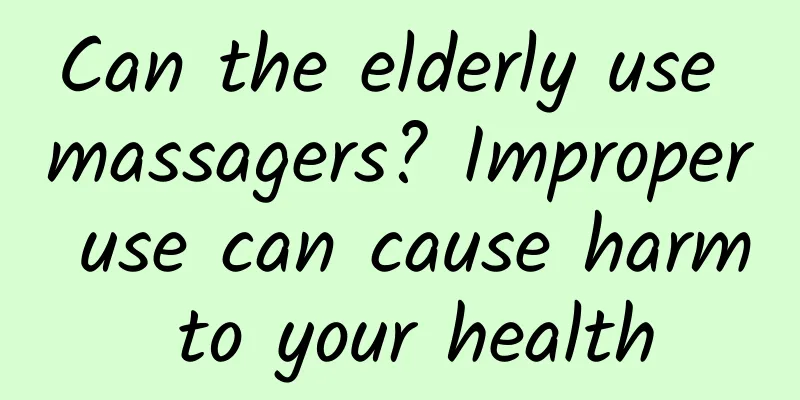Can alcohol disorder be cured?

|
Alcoholic mental disorder is a chronic disease, especially chronic alcohol poisoning, which is closely related to the condition. What patients need to do is to quit drinking and not drink a drop of alcohol. Although alcohol tastes good, once you become addicted to it, it will be harmful to your body. You must usually receive symptomatic treatment, find out the cause of the disease first, and receive treatment and examination according to the cause. Treatment methods for alcohol-induced mental disorders, especially chronic alcoholism, often use comprehensive treatments, and their basic steps are similar in most countries in the world. 1. Stop drinking Quitting drinking is a key step in the success of treatment. Generally, people who are quitting drinking should be treated in hospital conditions to cut off the source of alcohol. In clinical practice, the progress of alcohol abstinence should be flexibly controlled according to the severity of the patient's alcohol dependence and poisoning. For mild cases, a one-time abstinence can be attempted, while for patients with severe alcohol dependence, a gradual abstinence method should be used to avoid severe withdrawal symptoms that may endanger their lives. Regardless of whether quitting drinking is done once or in stages, close clinical observation and monitoring are required. Especially in the first week after quitting drinking, pay special attention to the patient's body temperature, pulse, blood pressure, consciousness and orientation, and deal with possible withdrawal reactions in a timely manner. There is currently no proven drug for quitting drinking. Although naloxone and naltrexone have been used in clinical trials, further data are needed for their routine clinical use. Alcohol addiction treatment drugs that act on the noradrenergic and serotonergic systems are still under development. 2. Symptomatic treatment For patients' anxiety, tension and insomnia symptoms, anti-anxiety drugs such as diazepam, methyltriazole chlordiazepoxide, and acetaminophen can be used for symptomatic treatment. The lowest dose that can control withdrawal symptoms should be given. If the patient experiences convulsions, diazepam or chlordiazepoxide can be injected intramuscularly, with doses of 10-20 mg and 50-100 mg respectively. The injection can be repeated every 4 hours if necessary. Chlordiazepoxide can also be taken orally, with a daily dose of 40-100 mg, administered in 3 divided doses. Because the above drugs can cause dependence, they should only be used for a short period of time. For patients with obvious excitement and agitation, small doses of chlorpromazine or haloperidol can be given intramuscularly or orally. The application of brain-boosting nutritional metabolic therapy also has a good effect in alleviating withdrawal symptoms. 3. Supportive treatment Because most patients have neurological damage and poor physical nutritional status, they should be given neurotrophic drug treatment and supplemented with large amounts of vitamins, especially B vitamins. For patients with combined gastritis and abnormal liver function, gastritis treatment drugs and liver protection drugs are generally used routinely. 4. Psychotherapy Clinical practice has proved that behavioral therapy plays a certain role in helping patients quit drinking. Disulfiram is a drug that blocks the oxidative metabolism of alcohol, causing acetaldehyde to accumulate in the body. If you drink alcohol while taking the medicine, acetaldehyde may cause nausea, headache, anxiety, chest tightness, and increased heart rate. The use of disulfiram is a commonly used method in behavioral therapy, which can encourage patients to establish an aversion reflex to drinking. This drug has certain toxicity and cannot be used for a long time. It is generally appropriate to use it for 3 to 5 days, with a daily dose of about 500 mg. In addition, the aversion reflex therapy using apomorphine has also achieved relatively satisfactory results both at home and abroad. Other psychotherapeutic approaches Treatments such as supportive psychotherapy and cognitive therapy can also be helpful in helping patients quit drinking and prevent relapse. |
<<: How many levels are there for patients with mental disorders?
>>: Is ovulation disorder easy to treat?
Recommend
What are the Chinese medicine dehumidification formulas?
If there is too much moisture in the body, it wil...
What is the function of the traditional Chinese medicine aconite?
Aconite is a traditional Chinese medicine, mainly...
What to do if your gums are swollen? An old Chinese doctor will teach you how to treat it
When the weather is very dry, the body's sali...
Which pediatric massage methods are most popular among children?
With the improvement of living standards, many pe...
Baby likes to lick clothes
In our lives, there are many babies who like to l...
What causes unilateral nosebleeds?
Some patients with rhinitis often have nosebleeds...
The efficacy of drinking water soaked with Herba Dioscoreae
Herba Sophorae Flavescentis is a common natural w...
Can I take medicine after eating grapes?
We all know that the best time to take medicine i...
What causes pain in the rib cage below the chest?
Experts say that pain in the ribs under the chest...
How to scrape the belly
Everyone knows that scraping is a very traditiona...
What to do if the pain in lumbar disc herniation becomes worse after acupuncture
Acupuncture is a relatively good method for treat...
Broken Toe Symptoms
Toes play a very important role in our human body...
Can hepatitis C be cured?
Among many diseases, hepatitis C is a relatively ...
What are the effects of Ganoderma lucidum spore powder?
With the continuous increase in wage levels and t...
What are the methods of emergency contraception?
For men and women in love, there are many cases w...









